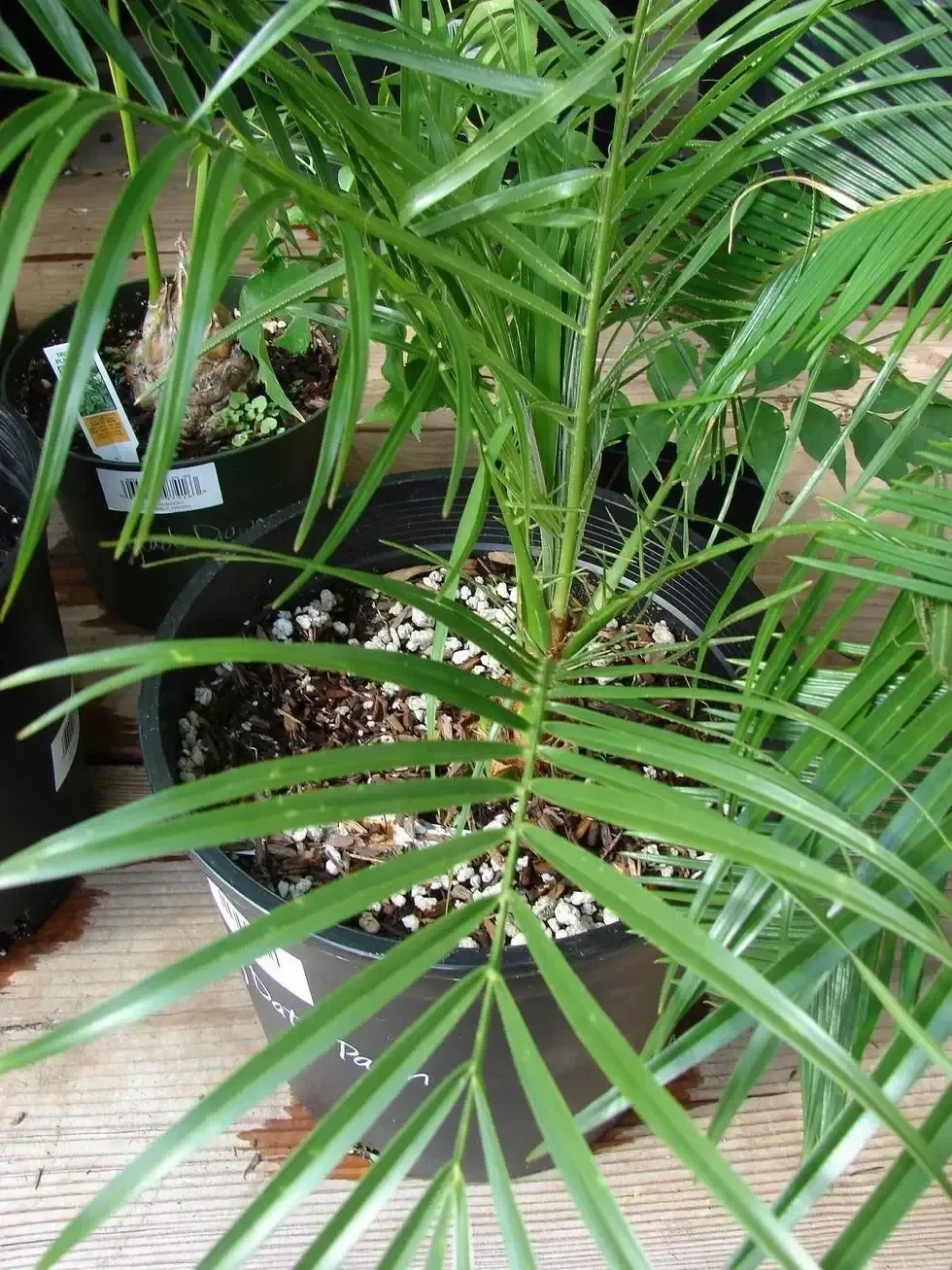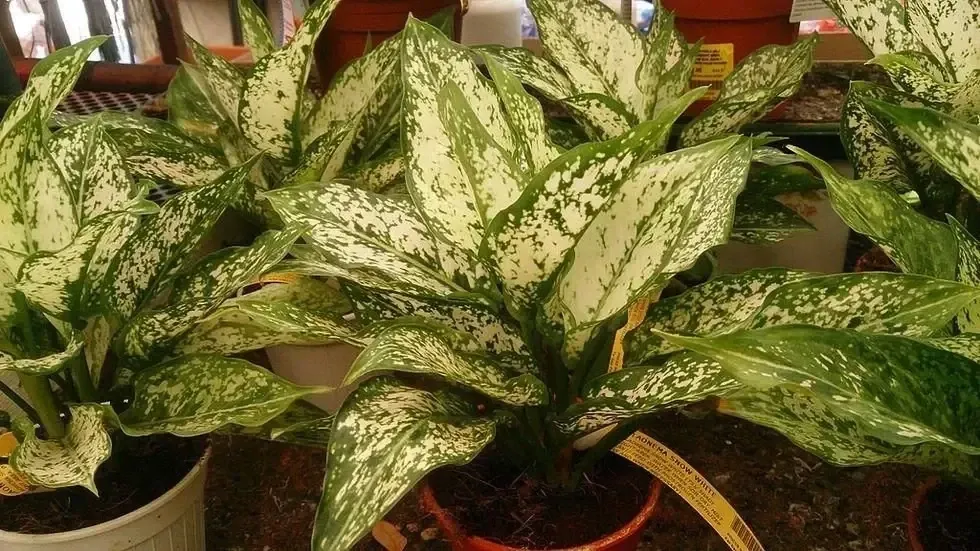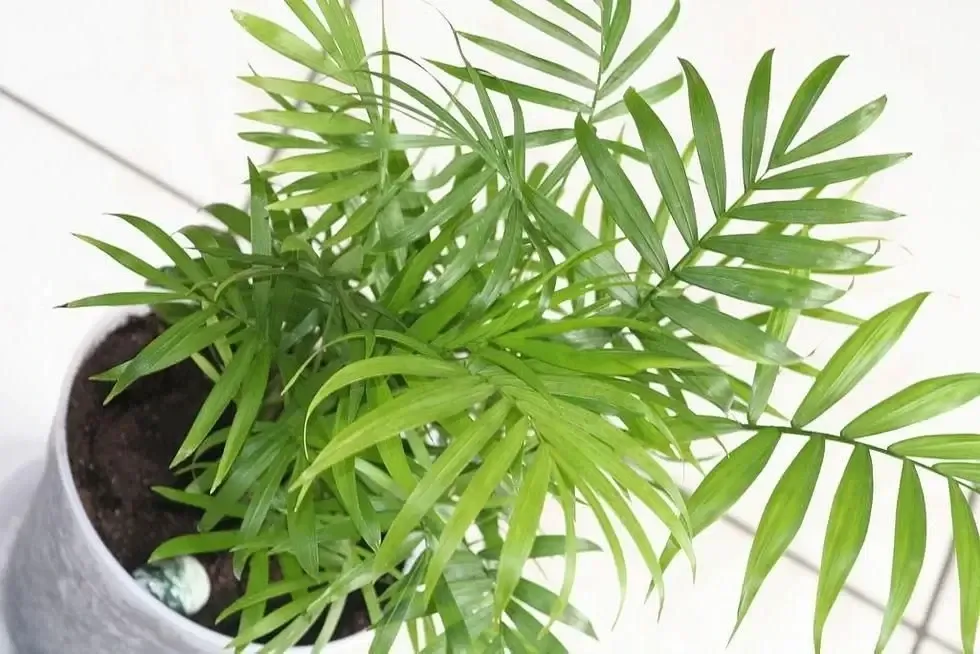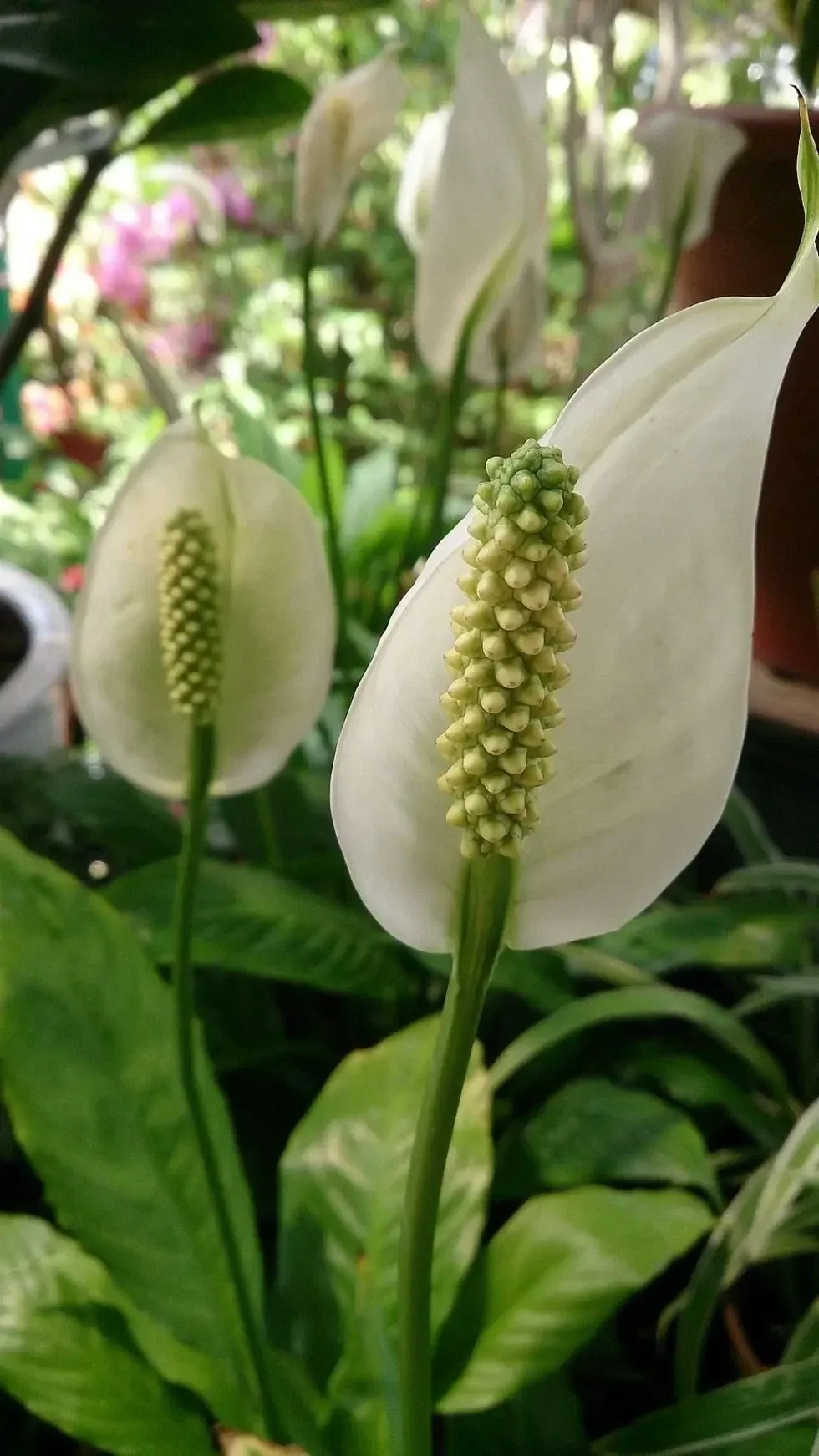People have long been fascinated by the possibility of extraterrestrial life. Many wonder what aliens might look like and how they might behave, but a common question is: If we ever make contact, how would we communicate? Like every species, aliens would have their own way of communicating, a concept known as “xenolinguistics,” which refers to the study of extraterrestrial languages. According to Space and BBC News, just as we use words, actions, and gestures to communicate across human languages, similar methods might be essential in communicating with aliens.

Arik Kershenbaum, a behavioral ecologist at the University of Cambridge, UK, suggested that evolution is in a way, universal. The ecologist said that there may be some similarity in communication between humans or life on Earth and extraterrestrial figures. Just like our species have evolved yet retained crucial aspects of communication, the same could be the case for extraterrestrial life. Ian Roberts, a professor of linguistics at the University of Cambridge, suggested that human language could be very different compared to aliens.
He added, “We are the only species that have language in the sense of an open-ended system that can be used to express anything you want to express.” As the co-author of the book “Xenolinguistics,” he suggested that aliens’ language too, may be complex like ours but not necessarily the same. “My personal opinion is that, at its core, the language would have to be quite similar to ours in the sense that its formal mathematical nature would be similar to human language. But at the same time they wouldn't necessarily have anything like speech,” he suggested. He added, "It's interesting to question: we have a good idea of what human grammar looks like, so what might alien grammar look like?"

He also pointed out that understanding communication with aliens would require humans to first understand how intelligence works with the species. He also stressed that their intelligence is what gets them to communicate with each other and that’s what has to be identified. The aliens or extraterrestrial species, given their intelligence, may externalize communication "through pheromones, magnetic fields – who knows what? But if we could decode that language, we would find it to be very similar to human language,” Roberts said.
Astrobiologist Douglas Vakoch, president of Messaging Extraterrestrial Intelligence (METI International) added that communicating “intention” is also of core importance. Jeffrey Punske, editor of "Xenolinguistics" and an associate professor and director of undergraduate studies in linguistics at Southern Illinois University in Carbondale, pointed out that though there may be a similarity in the foundation of language, interpretation is important. "There is no guarantee that a non-human intelligence would share our cognitive systems. Thus, while the underlying structure of language might be the same, the message might not be interpretable."

As far as communicating with aliens is concerned, intelligence, language, grammar and several other factors need to be decoded and understood. It requires some practical experimenting to truly reveal the potential of the same.






































 A pair of scissors.
A pair of scissors. A can opener opening a tin can.
A can opener opening a tin can. Jimi Hendrix playing on stage.Public Domain
Jimi Hendrix playing on stage.Public Domain A man handing over $20 in cash.
A man handing over $20 in cash. A person using a power saw.
A person using a power saw.
 Rock deterioration has damaged some of the inscriptions, but they remain visible. Renan Rodrigues Chandu and Pedro Arcanjo José Feitosa, and the Casa Grande boys
Rock deterioration has damaged some of the inscriptions, but they remain visible. Renan Rodrigues Chandu and Pedro Arcanjo José Feitosa, and the Casa Grande boys The Serrote do Letreiro site continues to provide rich insights into ancient life.
The Serrote do Letreiro site continues to provide rich insights into ancient life.


